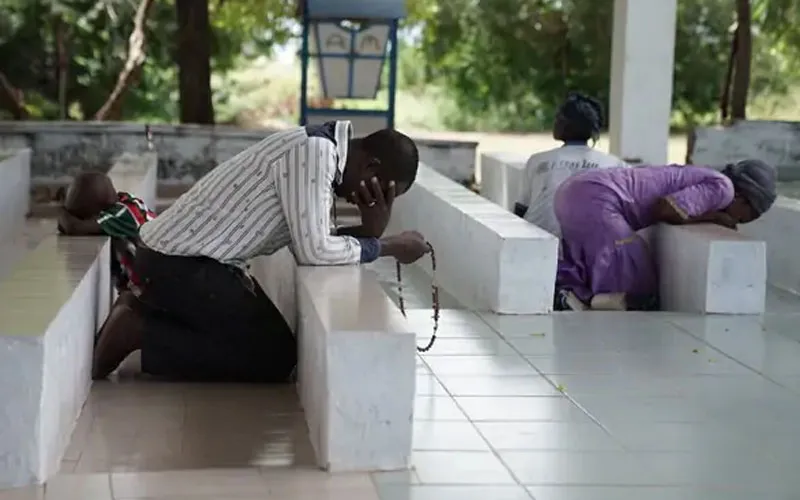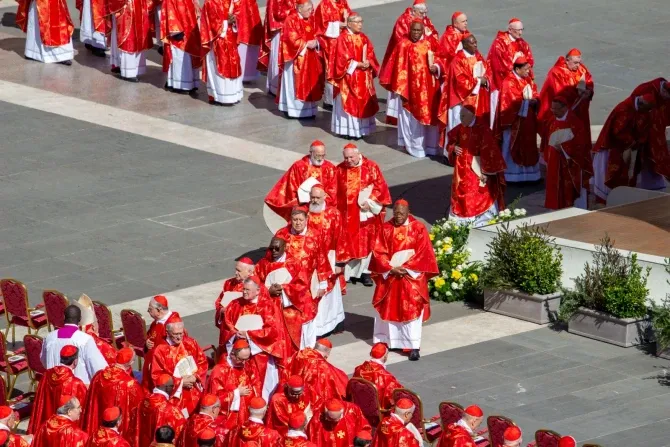Tenkodogo, 31 August, 2022 / 5:16 pm (ACI Africa).
Islamists in Burkina Faso are forcing Christians to follow Sharia law and to attend prayers in Mosques, a Catholic Priest in the West African country has told the Catholic Pontifical and charity foundation, Aid to the Church in Need (ACN) International.
In a Monday, August 29 ACN report, Fr. Honoré Ouedraogo, a member of the Clergy of the Diocese of Tenkodogo in Eastern Burkina Faso, speaks about the current situation in his country where attacks against Christians are on the rise.
“The attackers force Burkinabé to follow Sharia law. Men are forced to wear pants of appropriate length and not to shave their beards, and women must be veiled. Western education is forbidden, and children must attend madrasas, or Koranic schools. Churches are forbidden to ring their bells, and everyone must attend prayers in mosques,” Fr. Ouedraogo has been quoted as telling ACN.
Fr. Ouedraogo estimates that 40 percent of the country is not under the control of the State, and that in the remaining 60 percent, there are also some areas that are in the hands of terrorists.
The Rector of the Tenkodogo Seminary says that the situation in the country has worsened since the first terrorist attack in 2015, and that terrorism now affects the entire country.








